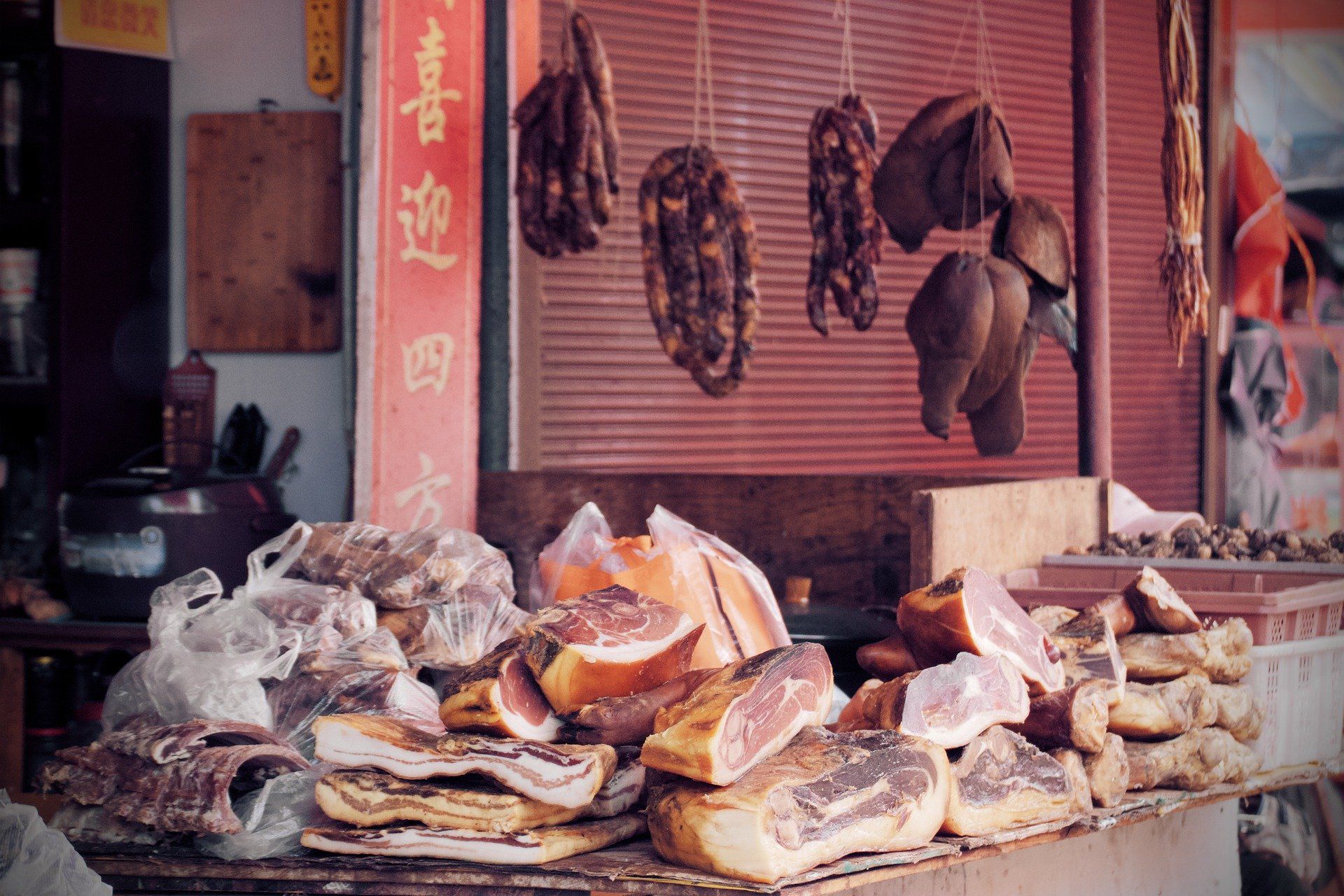1MG FlippingBooks
China slaps tariffs on barley, bans Australian abattoirs
Staff Writers

China is increasing tariffs on Australian barley by 80 percent and has imposed a ban on beef from four major Australian abattoirs, as diplomatic relations between the countries are strained by the coronavirus.
Whilst Australia has historically maintained a mutually beneficial trade partnership with China, Australia’s desire for an inquiry into the origin of the novel coronavirus may hurt its agricultural export sector significantly.
Chinese state-run media has referred to Australia as ‘gum stuck on the bottom of China’s shoe’, following Australia’s call for transparency in COVID investigations hinting at potential boycotts of Australian products.
The National Farmers Federation (NFF) has stated their concern at the growing disruptions to agricultural trade between Australia and The People’s Republic of China.
“Two-thirds of Australia’s farm production is exported. Almost one-third of this, 28%, is being exported to China, including 18% of our total beef production and 49% of our barley” said NFF President Fiona Simson.
“China is an important market to Australia for a range of commodities including wool, cotton, grain, dairy, seafood, and horticulture” Simson continued.
The barley tariffs follow from an 18-month investigation into claims that China was dumping Australian products at a lower price than what it was originally worth.
The abattoir bans account for one-fifth of Australia’s beef exports to China, with China pointing to alleged breaches of China’s labeling and health certificate requirements, to justify the ban. In some cases the breaches dated back over 12 months.
Speaking to the ABC, CEO of the Australian Meat Industry Council Patrick Hutchinson said that the abattoirs that were shut down accounted for 20-30 percent of red meat exports to China, a trade that is annually worth billions of dollars to Australian farmers.
The NFF hopes that China’s trade interventions will cease here.
“We recognize in relationships as significant as that between Australia and China, from time to time, issues do arise” said Simson.
Simson also noted that the agriculture industry had the potential to “soften the blow” of the COVID - 19 pandemic on the Australian economy, at a time when many other sectors have felt immense pressure.
“Maintaining and growing our farm exports will be a key component to our nation weathering the COVID-19 pandemic” said Simson.
Minister for Trade, Tourism, and Investment Simon Birmingham echoes this sentiment and said that Australia’s intention “is to work as cooperatively as we can with our partners across the region and the world”.
NEWS

Prodoz, a Proudly Australian and family-owned agribusiness, based in Melbourne, is strengthening its positions as national/international leader in advanced crop – science solutions through a growing portfolio of global innovation partners and a distribution footprint supported by all major distributors - includes Nutrien Ag, Elders, Lindsay Rural and Independent Rural stores.

Trace minerals are required for optimal growth, reproduction, and immunity. Optimising trace mineral status relying solely on oral supplements across a herd may fail because of variation in individual intake and reduced absorption due to antagonism of other ration components and minerals. The use of injectable trace mineral supplements has been associated with positive reproductive outcomes including improved conception rate, increased odds of pregnancy and greater final in calf rate. A study conducted on 2,168 dairy cows, administered injectable trace minerals, four weeks prior to calving and again four weeks prior to the start of mating showed treated animals had a 3.3 per cent greater final in-calf rate, and a reduced time from start of mating to conception, compared to control animals 1 . The Importance of B12 Dr Carl Eden, Technical Services Veterinarian with Boehringer Ingelheim says “Vitamin B12 is sometimes referred to as a ‘super vitamin’ because it is only required in very small amounts but vital to many essential metabolic pathways. However, demand for B12 can vary considerably during the year and we see serum levels of B12 fall at critical times, such as the first few months after calving.” Vitamin B12 contains cobalt, so deficiency in cobalt can lead to deficiency in vitamin B12 because ruminants get most of their B12 as a byproduct of ruminal fermentation where the bacteria in their rumen assemble B12 from cobalt for use by the cow. Sub-optimal trace mineral and vitamin B12 status at calving, mating, and drying off has been shown to negatively impact growth, reproduction, and immunity. Using a trace mineral injectable containing vitamin B12 can improve trace mineral and vitamin B12 status at these critical times. Marks-Min with Vitamin B12 – The Evidence In the largest trace element study to date, Marks-Min Injectable Trace Mineral with Vitamin B12 demonstrated remarkable results when compared to a reference trace mineral injection. “Given the differences between Marks-Min and other products on the market, we wanted to generate a compelling data set to demonstrate how effective it was compared to the pioneer product. We entrusted this work to a third-party research company” says Dr Eden. “We chose farms that were at the top of their game from a reproductive perspective. We made sure that the farms had no evidence of trace element or vitamin B12 deficiencies or excess.” Across all outcomes of interest, Marks-Min demonstrated clear non-inferiority when compared to the reference product. Outcomes measured included submission, pregnancy and conception rates, and six week in-calf rate. Marks-Min demonstrated it is highly suited as an alternative treatment to the reference product. Reference: 1. Hawkins, D., and B. V. S. Franklin. New Zealand Dairy Veterinarians Newsletter 24 (2007): 12-16 Company website: livestockfirst.com.au Company email address: CustomerCare.Australia@boehringer-ingelheim.com Company video: https://vimeo.com/1138807630?fl=pl&fe=cm














